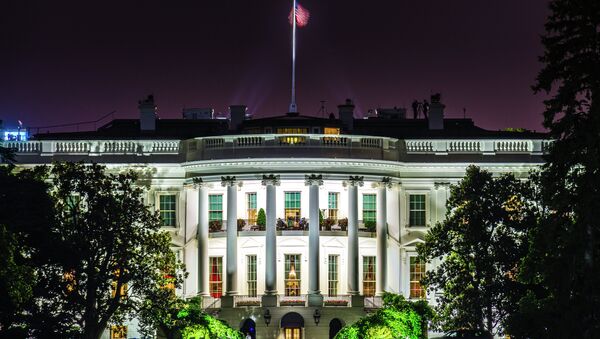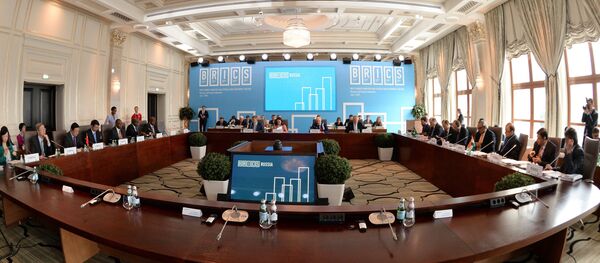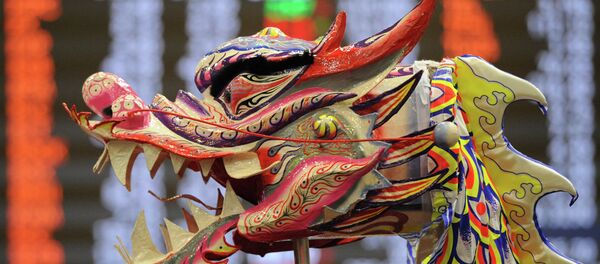Needless to say, the United States is not happy about it and is doing all it can to maintain its grip on the global financial architecture and undermine these initiatives, he wrote in an article titled "America in the Way."
What they need is long-term investment. The West could offer the much needed funds through global financial markets. "The problem … is that the world's financial markets, meant to mediate efficiently between savings and investment opportunities, instead misallocate capital and create risk," Stiglitz stated.
Advanced economies have also pledged to support emerging markets by committing a certain percentage of their gross national product to development assistance under the so-called Millennium Development Goals, the economist noted. Only a few countries manage to deliver on their promises.
"Today, developing countries and emerging markets say to the US and others: If you will not live up to your promises, at least get out of the way and let us create an international architecture for a global economy that works for the poor, too. Not surprisingly, the existing hegemons, led by the US, are doing whatever they can to thwart such efforts," Stiglitz explained.

Beijing's initiative has largely been welcomed with open arms but a few countries, including the United States and Japan, decided not to join. Moreover, Washington tried to pressure several other states, including its allies, to avoid joining the $100 billion lender.
Stiglitz mentioned two other areas of contention between the United States and emerging markets. Developing countries want to create an international framework for sovereign-debt restructuring and foster international tax cooperation to which Washington is obstinately opposed.





